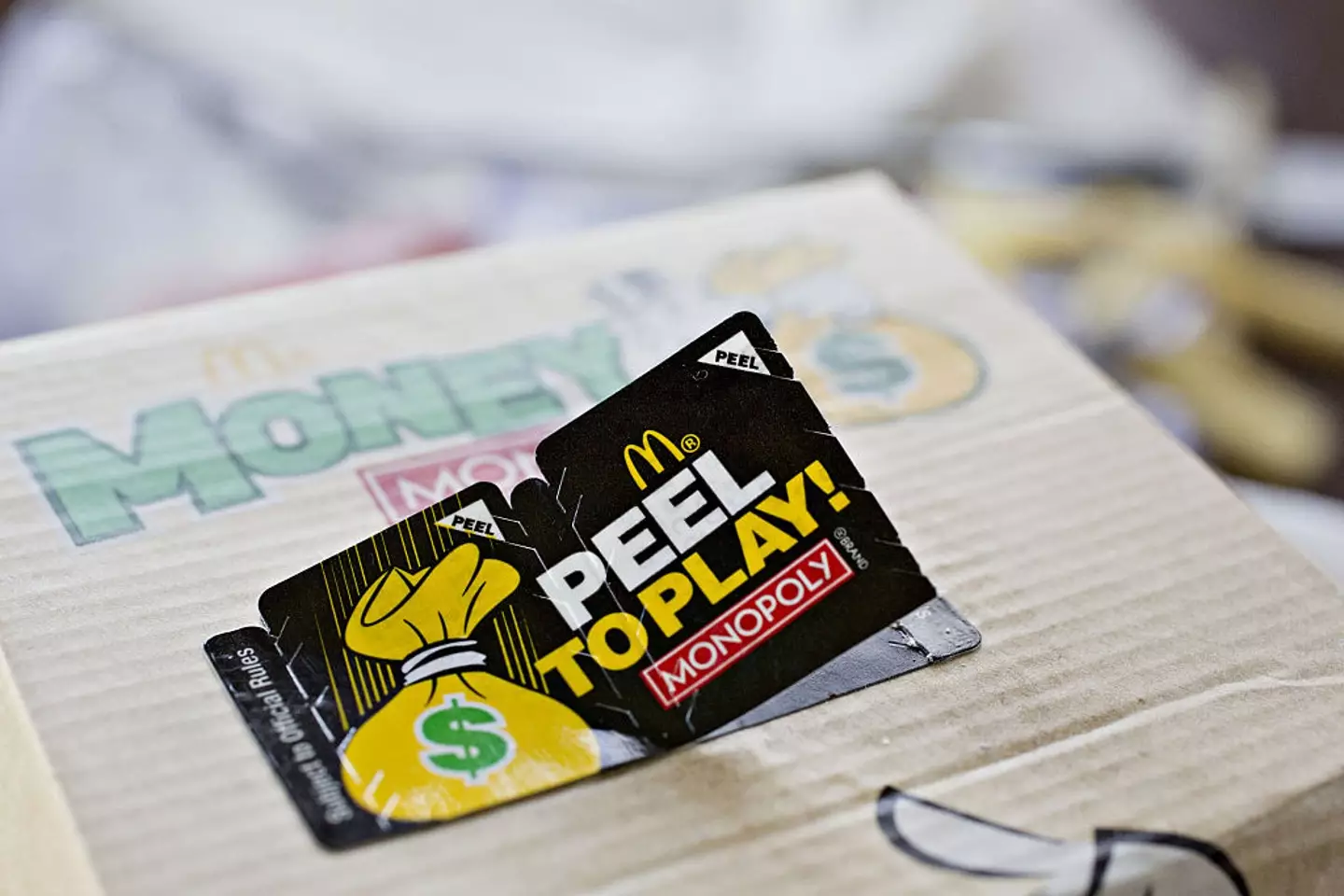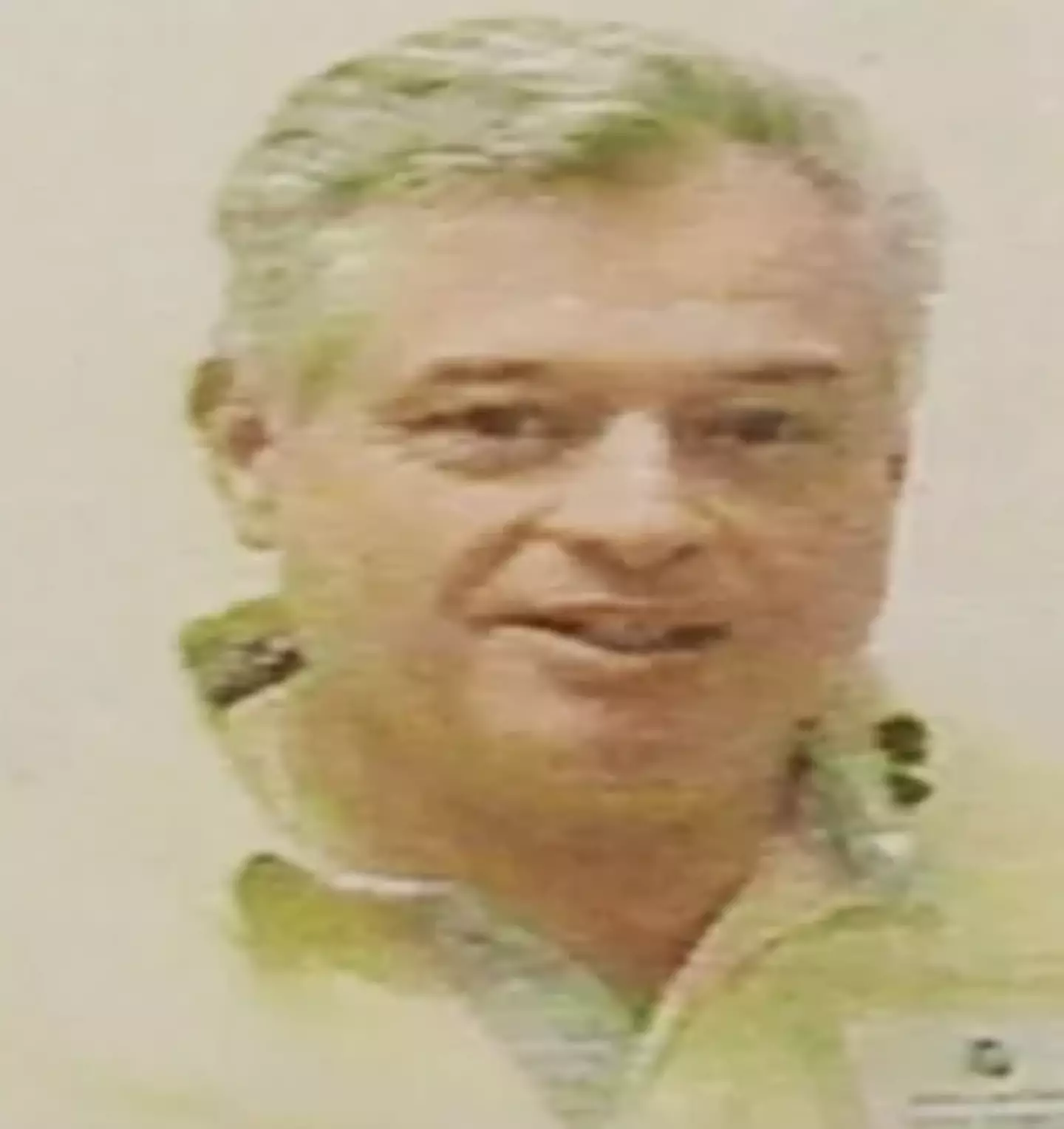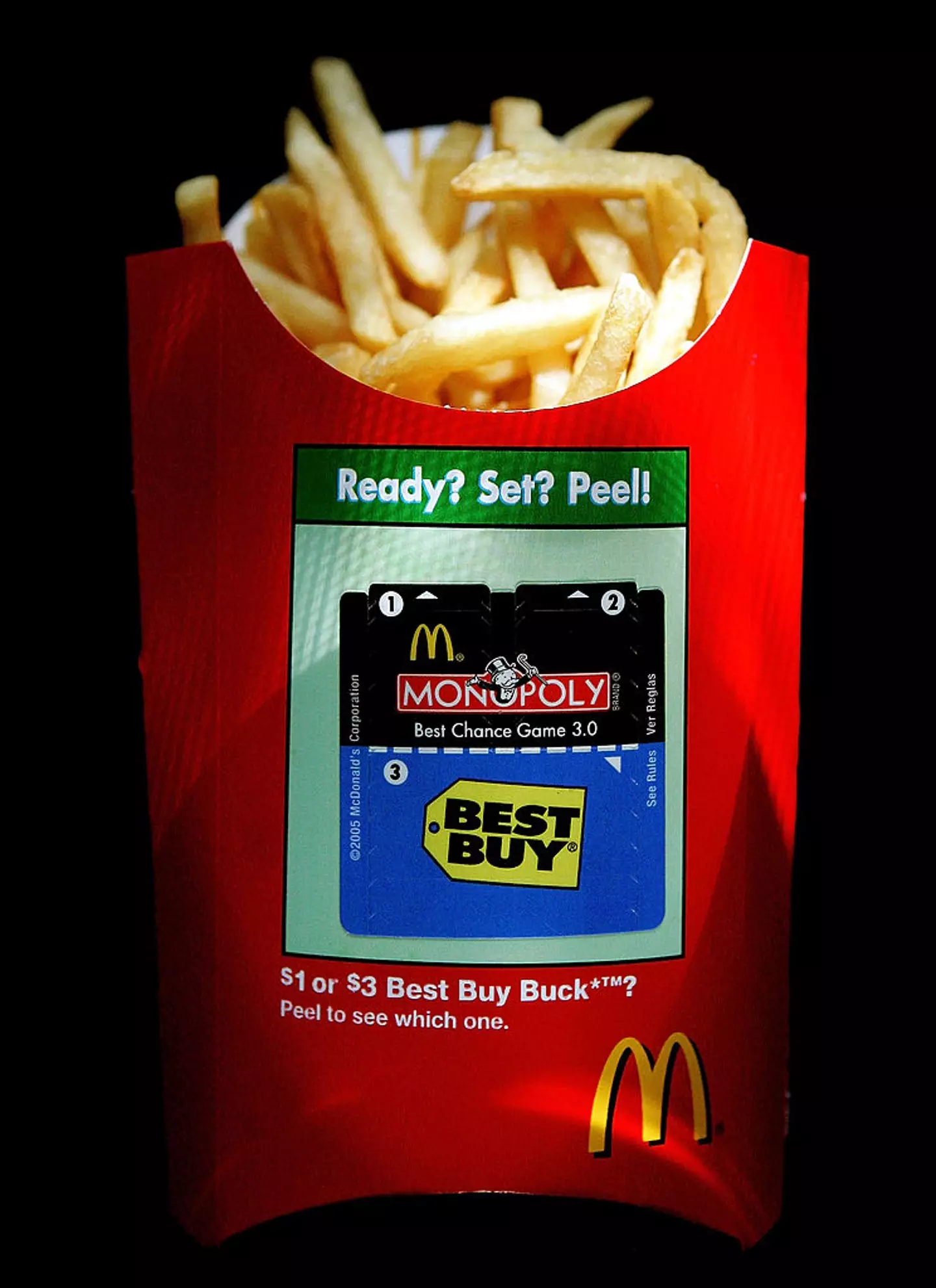
A Monopoly sticker might not seem like the ticket to a multimillion dollar heist, but for nearly a decade it was.
In one of the wildest corporate frauds in fast food history, a former cop named Jerome P. Jacobson was behind a scheme that saw over $24 million in McDonald’s prizes stolen before the FBI finally shut it down.
The scam, later chronicled in HBO’s hit docuseries McMillions, turned the iconic McDonald’s Monopoly game into his personal jackpot.
From 1989 until 2001, Jacobson was director of security for Simon Marketing, the firm responsible for producing McDonald’s Monopoly game pieces in the US. His job was to ensure there was no funny business, but, ironically, he became the one person capable of pulling off the perfect cheat.
Advert

The McDonald’s Monopoly promotion was simple: customers peel stickers from packaging for a chance to win everything from free fries to $1 million in cash. Jacobson oversaw the distribution of these stickers, carrying them across the US in tamper-proof cases.
However, a mistake in shipping meant Jacobson received a batch of the security seals used to protect the winning game pieces. Having these meant that Jacobson had a way of frauding the game, and ultimately stealing millions in the process.
Using those seals, Jacobson began secretly opening and resealing the winning sticker packets, often slipping into airport bathroom stalls to swap out million-dollar pieces for regular ones before reapplying new seals.

With access to the top prizes, Jacobson needed people to cash them in. He couldn’t claim them himself without raising suspicion, so he built a network of friends, family, and acquaintances to act as 'winners'.
These intermediaries then paid Jacobson tens of thousands of dollars upfront in exchange for game pieces worth hundreds of thousands. One winner was even Jacobson’s butcher, who paid $45,000 for a $200,000 prize.
Over the years, his web of accomplices grew to include everyone from a Florida ex-convict to members of a classic car club. At one point, Jacobson even mailed a $1 million ticket to St. Jude Children’s Research Hospital, hoping that a good deed might soften his eventual punishment if he were ever caught.
Yet all things must come to an end, and the fraud’s scale eventually caught the FBI’s attention. Investigators noticed that an uncanny number of big winners were clustered in Georgia and Florida - both places where Jacobson had lived or worked.

In 2000, the bureau launched a sting operation, wiretapping suspects and even setting up a fake McDonald’s commercial to lure them in. A year later, Jacobson and seven of his closest collaborators were arrested and charged with conspiracy to commit mail fraud. Over 50 people were eventually convicted and Jacobson was sentenced to just over three years in prison and ordered to pay $12.5 million compensation.
The fallout for McDonald’s was huge, as millions of customers realised they’d had no fair shot at winning for nearly a decade. The company immediately cut ties with Simon Marketing, paid out a $10 million special giveaway to restore faith, and watched its marketing partner collapse under the scandal.
At the time, then US Attorney General John Ashcroft commented: "This fraud scheme denied McDonald’s customers a fair and equal chance of winning."
The crime was well known and ended in a federal investigation, dozens of convictions, and a heist story so unbelievable that Hollywood couldn’t resist, with Ben Affleck and Matt Damon later signing on to bring McMillions to the big screen.
Topics: McDonalds
